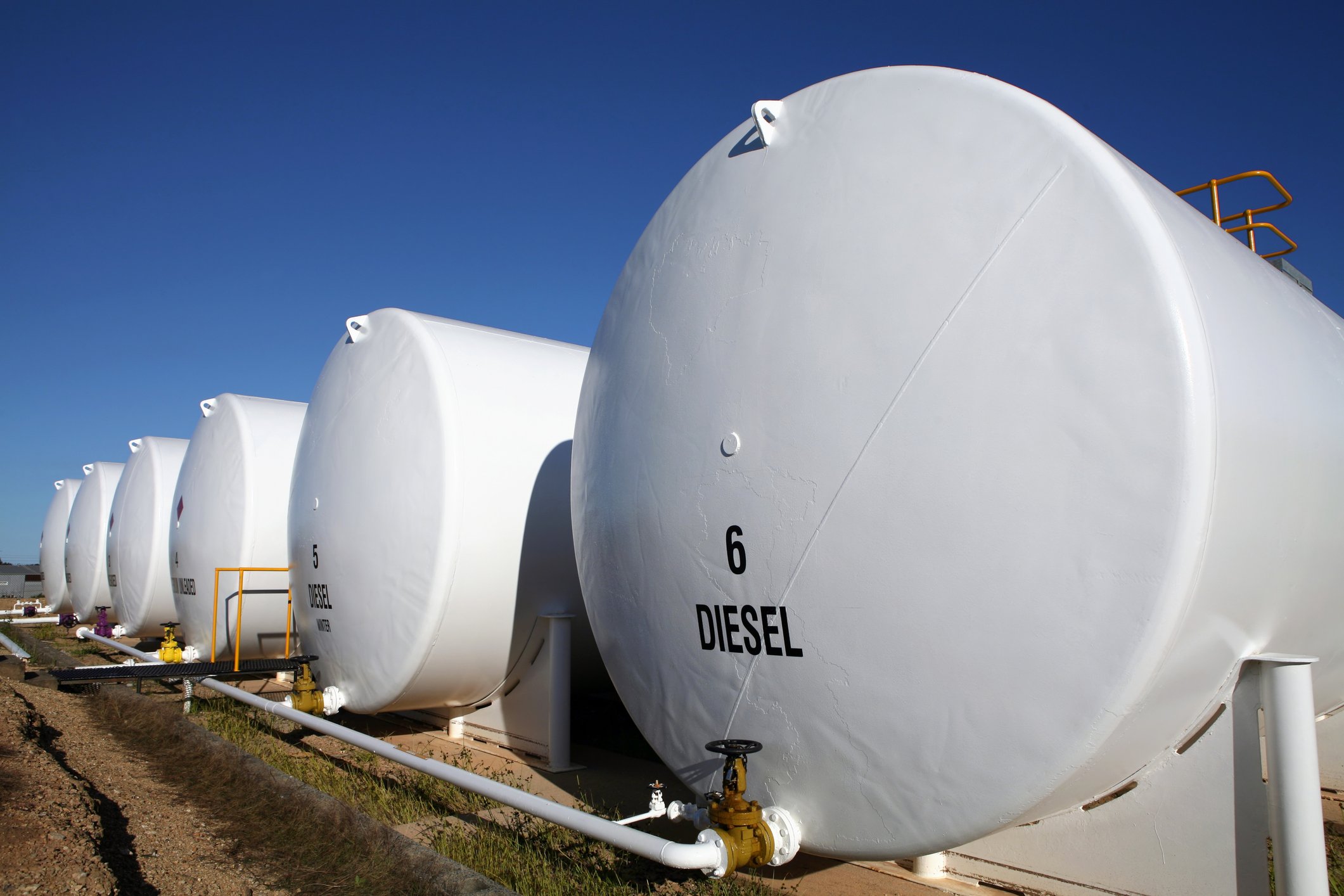Top Reasons You Need Bulk Fuel Tank Monitoring

For businesses that operate fleets, fuel is the second largest total cost of ownership expense after depreciation. It’s a critical resource that, if managed efficiently, can positively impact the bottom line.
If you’re reliant on bulk fuel to power your fleet, investing in a bulk fuel tank monitoring system can be a game changer for efficiently managing your fuel. Wherever your bulk storage tanks are located — on-site, on a tank farm, or in remote locations — a bulk fuel tank monitoring system provides accurate, real-time data on fuel levels and tanks. It ensures you have an uninterrupted supply of quality fuel while minimizing waste and risk.
Out With the Old Methods and In With Monitoring Technology
Manual monitoring and periodic inspection of fuel and storage tanks is old-school and outdated. Not only do these traditional methods put employees at risk, they are inefficient, time-consuming, and prone to errors. Bulk fuel tank monitoring systems are an effective solution to these fuel monitoring and management challenges and one that’s cost-effective and proven.
Plus — a big plus — with the many capabilities and benefits that a bulk tank monitoring system brings to business operations, it’s an investment that allows you to maximize ROI — and maximize rather quickly. Let’s take a look at key capabilities and benefits of the technology that you’re missing out on and that you should take advantage of to keep a competitive edge.
Data-Based Decision Making:
Bulk fuel tank monitoring systems provide real-time data on fuel levels, consumption rates, and potential leaks or theft. With instant access to this information anytime and from anywhere, you can make informed data-based decisions, identify opportunities, and address issues before they escalate. With automated reporting features, preselected users receive alerts via email or text, ensuring timely response and appropriate action.
Enhanced Efficiency and Cost Savings:
With the ability to accurately track fuel usage and optimize delivery schedules, bulk fuel tank monitoring systems help minimize fuel waste, which reduces operational costs. Predictive analytics can identify patterns and trends, allowing for better resource allocation, streamlined operations, and improved fuel efficiency — all of which boost the bottom line.
Improved Safety and Compliance:
Bulk fuel tank monitoring systems incorporate safety features such as leak detection, overfill prevention, and tamper alarms, which safeguard your employees and assets. By maintaining optimal storage conditions and adhering to environmental regulations, you avoid costly fines and the risk of reputational damage.
Remote Accessibility and Control:
With remote access via web-based platforms or mobile applications, bulk fuel tank monitoring systems allow stakeholders to monitor fuel levels and system status anywhere, anytime. With data that’s easily accessible, you can make informed decisions on the go and without being tethered to a central control room or location.
Scalability and Integration:
Whether managing a single tank or an extensive network of storage facilities, bulk fuel tank monitoring systems are highly scalable to accommodate your business needs and seamlessly integrate with existing infrastructure and software systems. Scalability improves operational efficiency, eliminates disruptions, and drives data-driven insights by allowing you to handle an ever-increasing amount of fuel data easily.
Environmental Sustainability:
Optimizing fuel usage provides not only economic benefits but also environmental benefits. By minimizing fuel waste and reducing carbon emissions associated with transportation and storage, you reduce your carbon footprint, which is positive for your sustainability goals and your business reputation.
Enhanced Customer Satisfaction:
For businesses that operate fleets, fuel supply and timely deliveries go hand in hand and are crucial for customer satisfaction. By leveraging real-time data and predictive analytics, bulk fuel tank monitoring systems enable providers to meet customer demands efficiently. The ability to anticipate fuel requirements prevents fuel run-outs and ensures your fleet is operating full speed ahead and ensures your customers keep coming back.